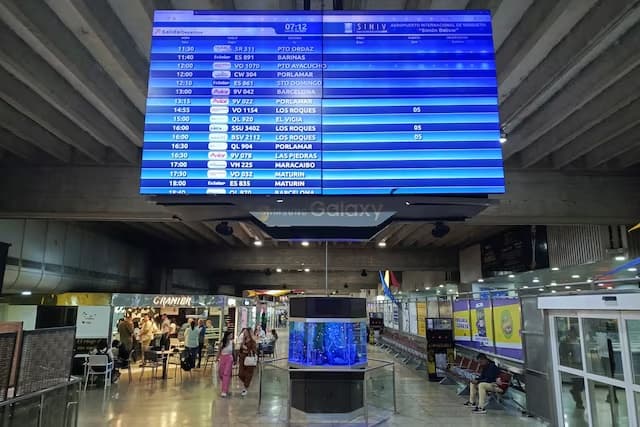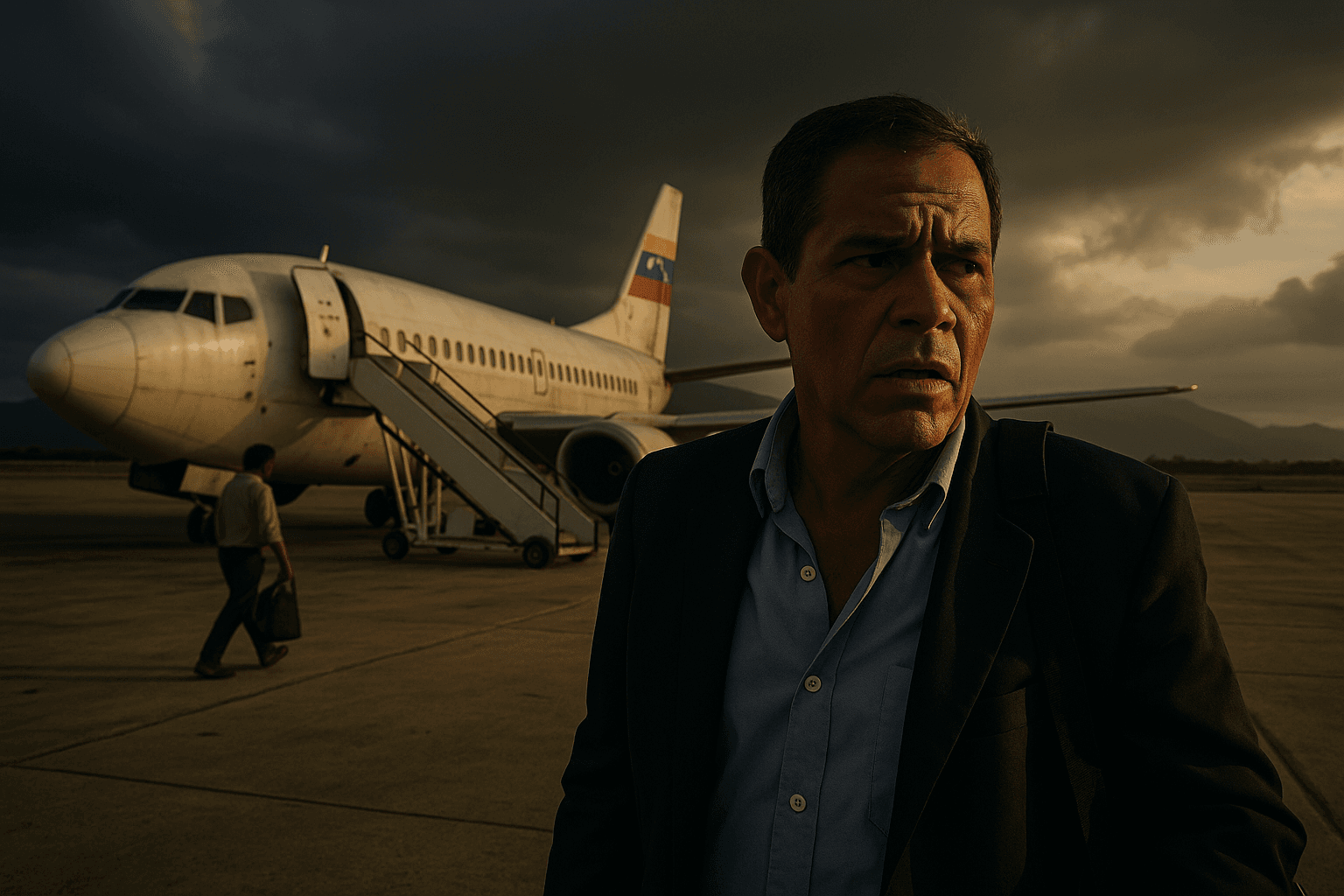Venezuela Orders Airlines To Resume Flights, Threatens Suspensions
Venezuela instructed international carriers to restart operations within 48 hours or face loss of clearance, escalating a standoff that could choke the country’s already thin international links. The move follows a U.S. aviation safety alert and risks further damage to tourism, trade and the flow of people and goods into a country struggling to attract investment.

Venezuela’s civil aviation authority told international airlines on November 25 that they must resume flights to the country within 48 hours or risk losing their clearance to operate there, the International Air Transport Association said. The directive came after several major carriers halted services following a U.S. Federal Aviation Administration warning of a "potentially hazardous situation" when flying over Venezuelan airspace.
Airlines that suspended routes in recent days included Spain’s Iberia and Air Europa, Brazil’s Gol, Colombia’s Avianca, Portugal’s TAP and Turkey’s Turkish Airlines. Some carriers said suspensions would remain in place until operational conditions allowed safe service, and Iberia specified that its suspension would continue at least until December 1. Venezuela’s information ministry did not immediately respond to requests for comment.
IATA criticized Caracas’s order, saying it "will further reduce connectivity to the country, which is already one of the least connected in the region." The association and the FAA notice underscored a rare alignment between industry and U.S. regulators on safety concerns, and the Venezuelan ultimatum risks pitting safety assessments against political pressure to maintain air links.
The immediate economic implications are clear. International passenger connectivity is a source of foreign exchange from ticket sales and tourism, a facilitator for business travel and investment, and a conduit for air cargo that supports time sensitive goods and parts. Loss of routes to Europe, Brazil and Colombia constricts access for Venezuelans living abroad and for exporters who rely on belly cargo in passenger aircraft. Carriers such as Gol and Avianca also carry significant regional freight, and suspensions will amplify logistical frictions already present in Venezuela’s economy.

Longer term, the episode deepens the isolation that has developed since Venezuela’s economic and political crisis began more than a decade ago. Reduced air links make it harder to rebuild tourism and to encourage the small but growing number of foreign firms that might enter sectors such as non oil mining, agriculture and services. For airlines, the choice is between complying with a government ultimatum and adhering to safety guidance from regulators and insurers, whose assessments drive costs and liability exposure.
Policy options for Caracas are limited if the safety concerns cannot be resolved quickly. Reassuring carriers would require transparent technical information, engagement with international aviation authorities and potentially an independent verification of airspace risks. Absent such measures, the government’s enforcement threat could backfire by eliminating the very connectivity it appears intent on preserving.
Markets are unlikely to register immediate large moves because Venezuela’s formal financial ties to global capital remain constrained by sanctions and other factors. Nonetheless the human and commercial costs will be felt through cancellations, missed cargo shipments and tighter remittance and travel corridors. The contest over whether safety considerations or state coercion determine airline operations will shape Venezuela’s accessibility in the months ahead.


